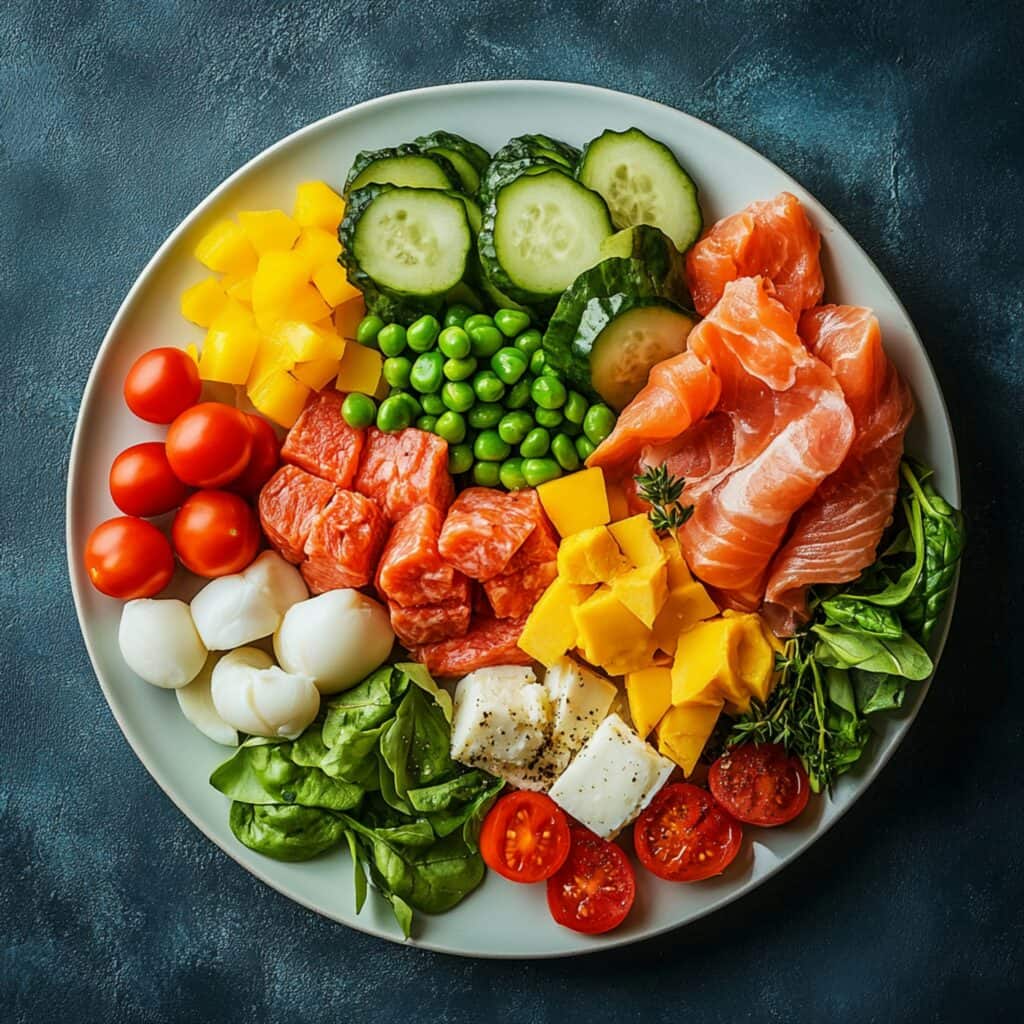Looking after your heart starts with the choices you make at mealtimes. From everyday staples like carrots and yoghurt to flavour-boosting herbs and spices, a new list of 12 heart-supporting foods highlights how simple dietary changes can help maintain healthy blood pressure and promote long-term wellbeing.
Arti Dhokia, Consultant Dietitian at Midland Health, said: “Diet plays a key role in managing your blood pressure, and being mindful of what you put into your body can make a real difference. Foods high in salt are one of the biggest culprits, but sugary and fatty foods can also contribute by leading to weight gain, which is associated with raised blood pressure. Alcohol is another factor to watch, as too much can push levels up over time.
“But it’s not just about restrictions. While it’s crucial to know what to limit, you should also focus on the foods that actively support healthy blood pressure. Taking a more balanced approach means you’re not just focusing on what you’re missing out on but also enjoying the benefits of foods that help keep your levels in check, which will ultimately lead to better, long-term outcomes.”
“Of course, one food cannot single-handedly lower your blood pressure. Along with other lifestyle changes, such as regular exercise, you need to make sure your diet is rich in foods with nutrients like potassium, as well as fruit, vegetables and whole grains.”
Blood Pressure Friendly Foods
- Salmon and other fatty fish
“Eating 2 – 3 grams a day of omega-3 fats found in salmon, mackerel, and sardines can help reduce inflammation. If you don’t enjoy fish, omega-3 supplements can also be beneficial.”
- Whole grains
“Whole grains such as amaranth, oats, and quinoa support heart health and can lower blood pressure over time. Try swapping refined carbs like white rice or pasta for wholegrain versions as they’re higher in fibre and nutrients. It’s worth noting that those with gluten sensitivity should choose naturally gluten-free options.”
- Citrus fruit
“Fruits like oranges, lemons, and grapefruits are full of vitamins and plant compounds that can help to reduce your blood pressure and support heart health. Just be mindful that grapefruit and grapefruit juice can interfere with certain medications by affecting the way the body breaks them down, so it’s best to check with your GP or pharmacist first.”
- Leafy greens
“Spinach and swiss chard are full of potassium and magnesium, which work to balance sodium levels and support healthy blood pressure. Although they’re safe for most people, those with kidney disease will need to watch how much they eat because the kidneys may struggle to remove the potassium properly.”
- Olive oil
“Olive oil is one of the healthiest fats you can choose. It’s packed with heart-healthy nutrients and plant-based compounds that can support lower blood pressure, such as omega-9 fat oleic acid and antioxidant polyphenols. However, it’s important to keep an eye on portion size, as it’s still high in calories.”
- Tomatoes
“Tomatoes and tomato-based products are rich in potassium and lycopene, both of which can help improve your blood pressure and reduce the risk of heart disease. They’re an easy staple, but it’s wise to look out for added salt in processed tomato products like tinned soups.”
- Carrots
“Carrots are rich in plant compounds linked with lowering blood pressure. Plus, they’re an easy snack option. Eating around 100 grams a day can help you reduce your risk of high blood pressure.”
- Broccoli
“Broccoli is loaded with flavonoid antioxidants, which support healthy blood vessels and improve circulation. Eating around four servings a week or more can help reduce your risk of developing high blood pressure.
- Yogurt
“Yoghurt is rich in potassium and calcium, which can help regulate and support healthier blood pressure. But you may want to opt for plain, unsweetened yoghurt to avoid excess sugar, which can counteract the benefits.”
- Herbs and spices
“Herbs and spices don’t just add flavour. They also help lower blood pressure by relaxing blood vessels. Options like garlic, cinnamon, basil, ginger, and cumin have all been linked with heart health, making them a simple and tasty way to season food without relying on salt.”
- Potatoes
“Potatoes, especially with the skin on, are a great source of potassium, which helps balance sodium levels and support healthy blood pressure. In fact, one medium baked potato can provide more potassium than a banana.”
- Lean meats
“Lean meats like chicken breast, beef sirloin, pork tenderloin, and ground turkey provide quality protein without the excess fat that can raise blood pressure.”

